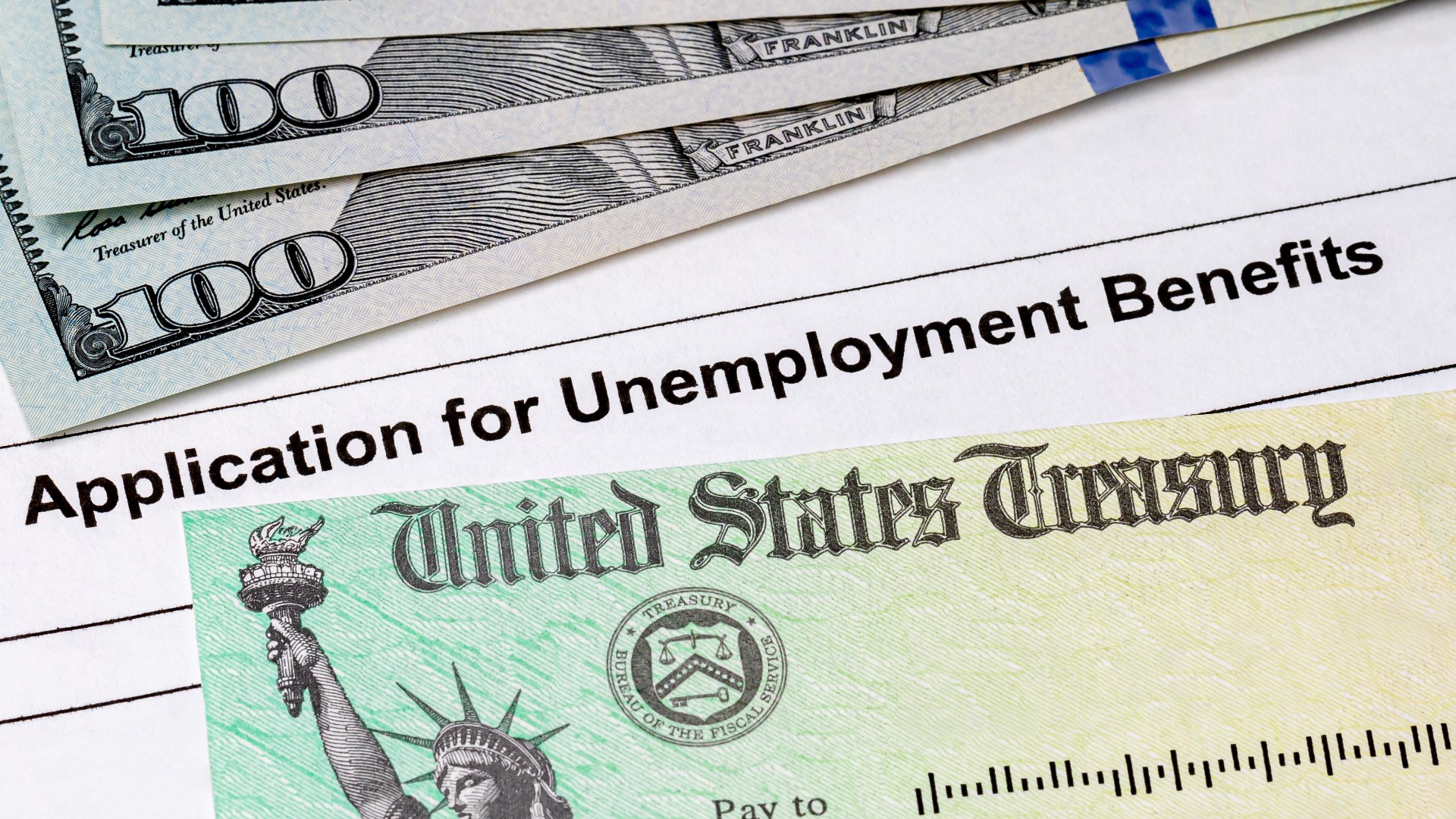CHARLOTTE, N.C. — A recent federal change allows the self-employed and independent contractors to secure even larger Paycheck Protection Program (PPP) loans, but those who filed before the change are not eligible, meaning the federal government essentially shorted them thousands of dollars.
Jennifer Shields, the owner of the Charlotte made-to-order children's clothing store Holley and Sage, learned she would have received an additional $14,000 loan had she waited to apply for PPP.
"I could have paid rent with that," Shields said. "I could have helped my seamstresses out. For me, I'll be fine. We'll be fine. Our businesses -- we're going to be okay. I think a lot of other businesses aren't in this position."
The Small Business Administration (SBA) encouraged the smallest businesses, including minority and female-owned companies, to file early for PPP during an exclusivity period that began in February. However, in the middle of that timeline, the SBA changed its rules, which now allow Schedule C filers like Shields to use gross income rather than net income when calculating loan amounts. Only those who applied for PPP loans after the March 3 change are eligible to use the new formula.
"If the lender has disbursed the loan and filed the related Form 1502 Report reporting disbursement of the loan, no changes can be made to the loan amount calculation," the SBA posted in March.
"I think a lot of people think it's unfair," Shields said.
Alex Levin put it more bluntly.
"It kind of feels like I'm being penalized for having my s--- together and having the need," the New York cinematographer said.
By filing early, Levin said he unknowingly sacrificed an additional $5,000. Levin said his best friend applied after him and received a larger loan.
"Given how slow things have been, that's a lot of money to leave on the table," Levin said. "It's just a little frustrating."
WCNC Charlotte is always asking "where's the money?" If you need help, reach out to the Defenders team by emailing money@wcnc.com.
Both Shields and Levin have since shared their frustrations with lawmakers. The U.S. Senate Committee on Small Business and Entrepreneurship briefly addressed the issue during a mid-March hearing.
"There was a North Carolina Black-owned florist shop that got a PPP loan of $525 early this year [that] now is eligible for $2,750," Sen. Cory Booker (D-NJ) said as an example during the hearing.
His office did not respond to multiple emails from WCNC Charlotte asking about any efforts to change this.
"Unless Congress acts to make the Schedule C changes retroactive, these businesses will not benefit from the recalculation of their PPP loan size based on gross income," Opportunity Finance Network president and CEO Lisa Mensah said in her testimony provided to the committee.
The SBA reiterated the agency doesn't currently have the authority to act retroactively for these loan recipients.
"We are not able to retroactively change the loan amount on any PPP loan that has already been approved by a lender and received the federal guarantee ... " SBA spokesperson Shannon Giles said. "Agencies engage in retroactive rulemaking when they have statutory authority to do so. Such authority was given to the agency in the Economic Aid Act in relation to farmers and ranchers. The Agency does not have the retroactive rulemaking authority for this change."
Sen. Tim Scott (R-SC) is the only member from the Carolinas on the committee. His office also did not respond to multiple requests from WCNC Charlotte asking about any efforts to make the loan calculation changes retroactive.
Seven members of the committee filed legislation this week that would allow sole proprietors to recalculate their PPP loans and secure more money.
Contact Nate Morabito at nmorabito@wcnc.com and follow him on Facebook, Twitter and Instagram.
Flashpoint is a weekly in-depth look at politics in Charlotte, North Carolina, South Carolina, and beyond with host Ben Thompson. Listen to the podcast weekly.
SUBSCRIBE: Apple Podcasts || Spotify || Stitcher || Google Podcasts
All of WCNC Charlotte's podcasts are free and available for both streaming and download. You can listen now on Android, iPhone, Amazon, and other internet-connected devices. Join us from North Carolina, South Carolina, or on the go anywhere.

